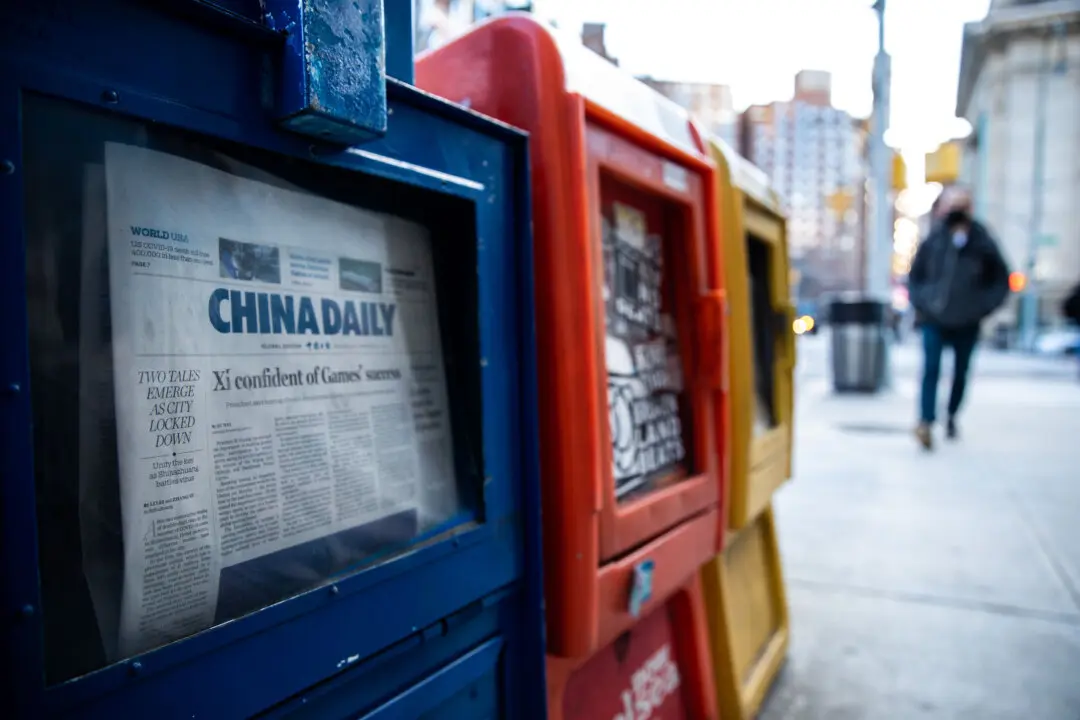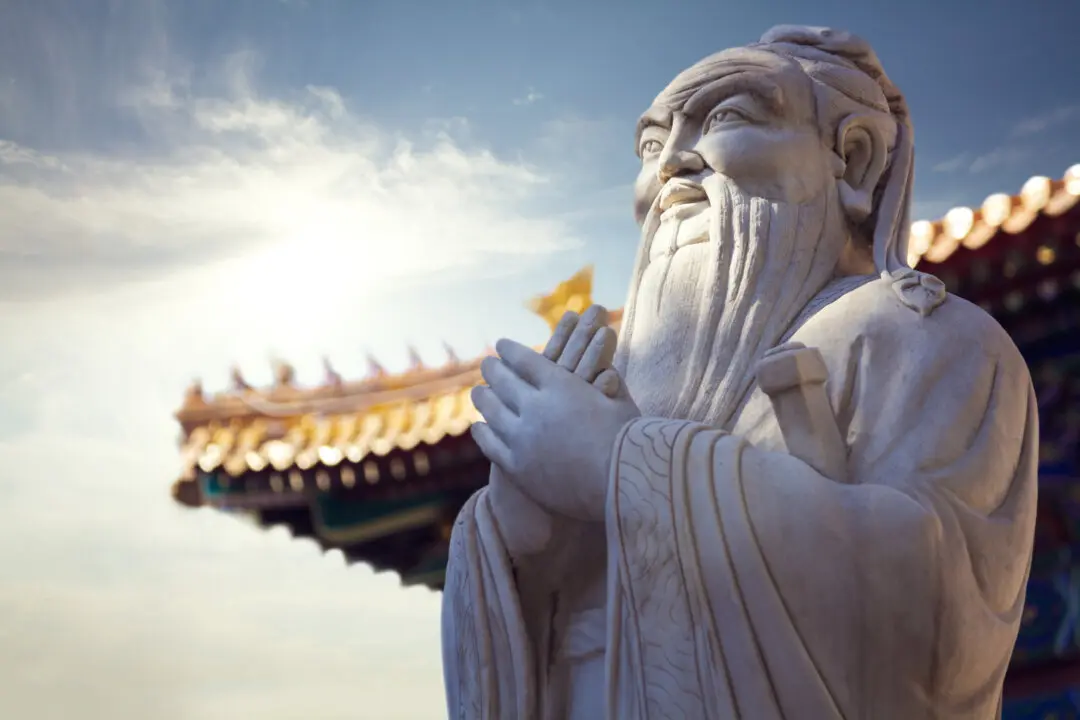The Chinese Communist Party (CCP) is waging an intensified propaganda campaign beyond its borders to repress the spiritual group Falun Gong, according to Li Yuanhua, a former Chinese history professor now living in Australia.
The regime’s tactics include utilizing the legal and political systems of democracies to suppress the group, as well as injecting its propaganda and disinformation through Western media outlets in the hopes of influencing public perception, he said.
“This is warfare without bullets, aimed at the mind of every person in the free world,” Li told The Epoch Times.
He described the CCP’s transnational repression waged through media attacks as an “ideological infiltration campaign.”
Li said that the CCP has been infiltrating Western media for years and has learned how to use overseas media professionals to its advantage. Besides paid ads and op-eds, the CCP collects personal data on journalists to look for “pressure points” it can exploit—things like personal weaknesses or family ties, he said.
Li expressed concern that Western media professionals are being asked to apply their skills to package information on a topic that is heavily controlled in China, and giving the regime power to also control the narrative overseas, especially when the views of Falun Gong practitioners are not treated equally in media reporting.
“If an entire newsroom is complicit in this kind of behavior, the media becomes weaponized and is turned into a tool for manipulating public opinion, which will ultimately do serious damage to public trust and the integrity of information,” Li said.
Falun Gong, also known as Falun Dafa, is a mind-body self improvement practice based on the tenets of truthfulness, compassion, and forbearance, along with five gentle exercises.
The CCP continued to expand its global propaganda campaign, pulling together its intelligence apparatus and diplomatic resources to infiltrate Western media and academic institutions.
The letters were sent to The Seattle Times, the Houston Chronicle, The Boston Globe, the Los Angeles Times, Time, USA Today, the Financial Times, the Sun Sentinel, and the Chicago Tribune.
China Daily has since been designated by the U.S. Department of State as a “foreign mission” controlled by the CCP.
In its 2022 report on Beijing’s Global Media Influence, Freedom House, a U.S.-based nonpartisan organization, found that the CCP was “using more sophisticated and coercive tactics to shape media narratives and suppress critical reporting.”
Australia was rated in the category of facing a “high degree of media influence efforts from Beijing.”
CCP Focuses Attacks on Shen Yun
For years, Shen Yun has been a thorn in the party’s side, Li told The Epoch Times.This is because Shen Yun is getting people talking about the CCP’s human rights abuses, and promoting religious freedom, he said. Shen Yun’s tagline is “China before communism.”
He said the CCP has responded to this artistic expression by launching a coordinated smear campaign and legal challenges attacking Shen Yun.
The report said the CCP’s aim is to breed public hostility toward Falun Gong in the hopes of prompting action from U.S. law enforcement.
Whistleblowers in China provided meeting notes from June, in which provincial-level Ministry of Public Security officials—the CCP’s top secret police—directed all provinces to “fully support” two YouTubers producing anti-Falun Gong and anti-Shen Yun videos.
The FDIC report states that in early August 2024, one of the YouTubers explicitly listed “media like the New York Times” as one of three target “battlefields” for discrediting Falun Gong and Shen Yun.
Li urged democratic nations to stay vigilant or risk having their speech and core values manipulated by foreign totalitarian powers.
Li stressed that once the media becomes a tool of political infiltration, the victims aren’t just a specific faith group—the free speech and values of the democratic world are at stake.
“Today they’re targeting Shen Yun,” he warned, “Tomorrow it could be a political party or public figure they don’t like.”







